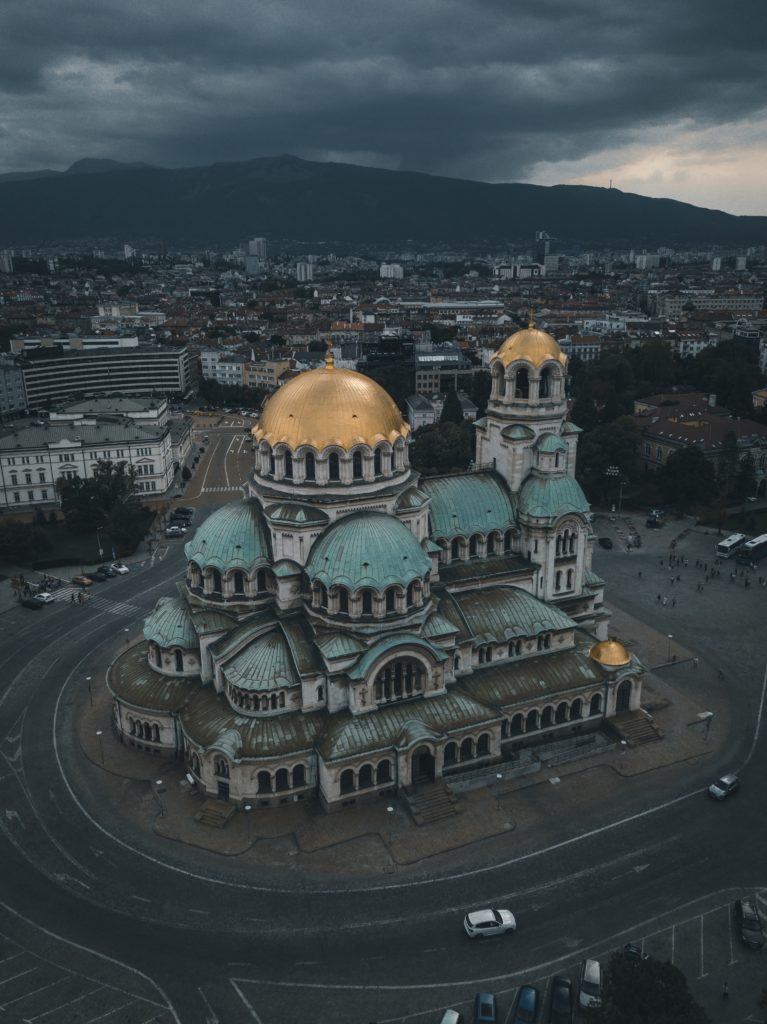Bulgaria is an attractive country for people who aspire to establish themselves and their families within the European Union region. The first step to visiting any country is obtaining a visa, Bulgaria is no exception. The Republic of Bulgaria Act governs all foreigners, whether visiting or applying for permanent residence, in this regard.

The Ministry of Foreign Affairs of Bulgaria enforces the act to revoke a person’s right to reside, expel, prohibit a person from entering the country even with a valid visa, and enforce a person’s stay in the country.
Reasons why visa application got denied
In the same Act, article 10 describes who shall be denied a visa and entry to Bulgaria.
- The interest of the state: If the state finds a person in contravention of or threat to the interests of the state, the visa application is sure to face rejection.
- Ethical challenge: If the applicant has or is suspected to disparage the country in any whatsoever.
- Suspicious or threatening activities: If the applicant is or has been or plans to engage in any groups, political parties, or factions that are or plan to be a part of an act of terrorism, social disturbance, and/or political unrest.
- Previous expulsion: When an applicant has, within the last 10 years from the year of application, been expelled from the country, and the costs arising from such event stand unpaid.
- Prison time: If the applicant has been imprisoned in the country for a period extending 3 years.
- False entry: if the applicant has in the past or is suspected of entering Bulgaria on falsified information, fake documents, misrepresentation, and any other fraudulent method, will lead not only to the rejection of the visa but also legal action.
- Hosting disease: When the applicant is found infected or carrying a contagious virus or disease.
- Unsound subsistence: Falling short to prove sufficient funds to stay, travel, and reasonably maintain a livelihood in the country will lead to denial of a visa.
- Incomplete documentation: if a person fails to produce or provide documents that are essentially required by the law.
- Politically exposed person: A person included in the list of politically exposed persons, whether in the home country or elsewhere might not be granted a visa, except in some rare special cases.
- Citizen of a banned country: citizens of several countries are banned to enter Bulgaria, due to the Covid-19 pandemic or any other reason.
What type of visa suits you?
Depending on the purpose of visit, duration of stay, and the country of origin, an applicant should be aware of what visa type will suit them the most. The Bulgarian Foreign Ministry offers, 3 types of visas which are:
Airport Transit Visa
An airport transit visa or the “A” type visa allows a person only to enter the international zone. A type visa does not grant entry to Bulgaria for any amount of time.
Short term visit visa
Also known as the type “C” visa which allows the bearer to pass through Bulgaria, as a channel to travel to neighboring or other countries. The time limit for a type C visa is 48 hours.
Long term visa
A type “D” or long-term visa is multiple in nature, meaning the bearer may enter and exit Bulgaria as he/she may please. The duration of a type D visa is usually 180 days and can go up to a year.
Can a denied visa application be appealed? How?
In the unfortunate event of visa decline or refusal, chances are very thin that the aggrieved person can reapply for the visa. However, the candidate can appeal his/her case on the same or a different reason for a visa administratively, i.e., to the same authority which has issued a denial previously, hence the appellants should not raise their hopes too high.
In case, the appeal is denied, the rejection may then be challenged in the High Court of Bulgaria through a registered legal firm. If still the court decides against the applicant, then all chances of entry virtually cease to exist.


